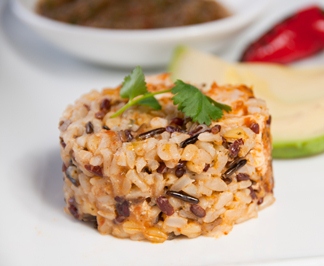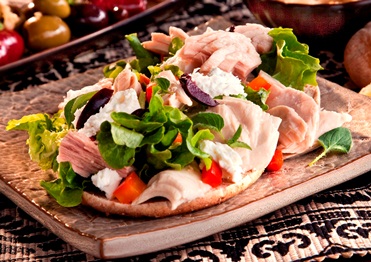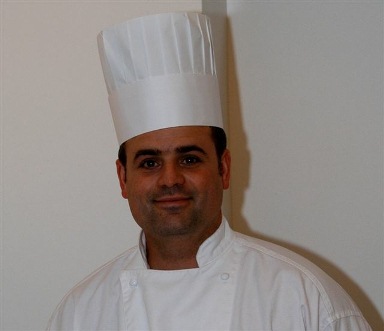Sullivan University Hosts CAFÉ Catering Operations/Curriculum Workshop Oct. 21-23
This fall, the Center for the Advancement of Foodservice Education (CAFÉ) is offering its first workshop on catering operations and curriculum at Sullivan University. The school’s National Center for Hospitality Studies (NCHS) will host the event featuring keynote speaker Michael Roman, president and founder of Catersource Magazine, Conference and Tradeshow, from Friday, Oct. 21, through Sunday, Oct. 23. Registration is $374 per person through Sept. 1 ($474 after) and includes a welcome reception, two breakfasts, two lunches, a chef jacket and all educational materials.

 The Culinary Institute of America's (CIA) Board of Trustees announced the renewal of the contract of Dr. Tim Ryan, CMC, as president of the CIA for a 10-year term.
The Culinary Institute of America's (CIA) Board of Trustees announced the renewal of the contract of Dr. Tim Ryan, CMC, as president of the CIA for a 10-year term. Successful transitioning from hands-on learning to hybridized classes depends on faculty who can create dynamic and engaging course content delivered with students’ best interests in mind.
Successful transitioning from hands-on learning to hybridized classes depends on faculty who can create dynamic and engaging course content delivered with students’ best interests in mind. According to NPD, more adult consumers aspire to eat smaller portions in the coming year, suggesting that this healthy eating strategy will become more important in the future.
According to NPD, more adult consumers aspire to eat smaller portions in the coming year, suggesting that this healthy eating strategy will become more important in the future. Technomic identifies what consumers find most appealing about burgers offered at more than 40 leading limited- and full-service chains.
Technomic identifies what consumers find most appealing about burgers offered at more than 40 leading limited- and full-service chains. Total and fried seafood servings at restaurants are on the decline, but non-fried seafood consumption is increasing.
Total and fried seafood servings at restaurants are on the decline, but non-fried seafood consumption is increasing. The egg market shows no signs of cracking in the current economy, says Mintel. And most consumers disagree that organic eggs are healthier.
The egg market shows no signs of cracking in the current economy, says Mintel. And most consumers disagree that organic eggs are healthier. With more than 30 years in the business, Chef Philip DeMaiolo of New York’s Pier Sixty and The Lighthouse thrives under the pressure of making each event memorable.
With more than 30 years in the business, Chef Philip DeMaiolo of New York’s Pier Sixty and The Lighthouse thrives under the pressure of making each event memorable. Diversity, exercise and focus are three areas that educators can capitalize on in the remaining summer months.
Diversity, exercise and focus are three areas that educators can capitalize on in the remaining summer months.